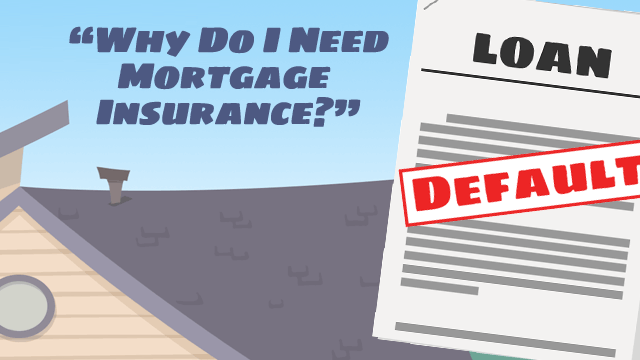FHA Mortgage Insurance Issues For First-Time Home Buyers
October 24, 2024
Buying your first home is a major milestone. If you use an FHA mortgage to buy your home, you’ll have two different types of insurance to consider.
One type is the FHA-required mortgage insurance premium, which is paid for 11 years or the loan's lifetime, depending on your down payment, loan term, and other variables.
That insurance policy protects the lender in case you default on the mortgage; it does not protect the homeowner.
The other type of insurance is homeowner’s insurance, sometimes called hazard insurance. This policy protects the borrower’s investment, covering the house and any contents specified in your legally binding loan agreement.
Some consider this type of insurance a safety net for the home, protecting the insured from the financial burden of a fire, theft, or natural disaster.
FHA Loan Requirements and Adequate Protection
The FHA doesn't dictate specific types of hazard insurance, but borrowers should maintain enough coverage to protect their investments.
Setting deductibles too high or failing to get coverage for certain contingencies such as flooding (as opposed to the water damage from a broken pipe or related issues.) Your insurer may value the home based on the lesser amount between the appraised value and the replacement cost of the property.
Deductibles, the out-of-pocket amount before your insurance pays, may be set at your discretion. However, carrying deductibles you can’t realistically pay today in cash is a risk.
Homeowners Insurance vs. Mortgage Insurance
It's easy to confuse homeowners and mortgage insurance, but they serve distinct purposes. Homeowners insurance protects your property and belongings, as mentioned above.
Mortgage insurance protects the lender in case the borrower defaults on the loan. This type of insurance does not pay out to the borrower.
This insurance minimizes the lender's risk and makes it easier to approve your FHA loan.
Choosing the right hazard insurance policy for your FHA loan requires careful consideration of several factors:
Coverage Needs: Evaluate your specific needs based on the value of your property, its location, and everything you own.
Policy Options: Compare different policy options and coverage levels to find the best fit for your needs and budget. Pay close attention to deductibles, premiums, and any exclusions listed.
Discounts: Ask about discounts, such as those for security systems, smoke detectors, and carrying several policies with the same insurer.

FHA Loan Articles
January 15, 2025Buying a condo with an FHA loan is an option some don’t consider initially, but it’s worth adding to your list of potential property types. FHA loans for condo units traditionally require condo projects to be on or added to the FHA-approved list. Still, changes in policy over the years allow borrowers to apply for FHA loans on condo units in projects not on the list on a case-by-case basis.
December 30, 2024When applying for an FHA loan, lenders will consider more than just your credit scores and history. They also look at other factors affecting your risk profile and the interest rate they offer you.
One factor is occupancy type. For FHA loans, this is straightforward because these loans require owner occupancy. Investment properties aren't eligible. While conventional loans may have different rates for primary residences, second homes, and investment properties, this isn't a concern with FHA loans.
December 18, 2024Did holiday spending get the better of you? Are you looking for ways to recover your spending plan as you search for a new home?
The holidays are a whirlwind of festivities, family gatherings, and gift-giving. But amidst the cheer, it's easy to lose track of spending. If you're aiming to buy a home in the near future, those extra expenses can have a bigger impact than you might realize, especially if you're considering an FHA loan.
December 17, 2024The Federal Housing Administration provides mortgage insurance on loans made by FHA-approved lenders, making homeownership more attainable for those who might not qualify for conventional loans.
While financial factors like credit score and debt-to-income ratio are key to loan approval, other non-financial aspects can also cause a denial.
December 11, 2024FHA loans, insured by the Federal Housing Administration, are a popular choice for many homebuyers, especially those who need a lower downpayment or more forgiving credit qualifying requirements. FHA loans are primarily intended for primary residences—homes that borrowers will occupy as their main dwelling.







